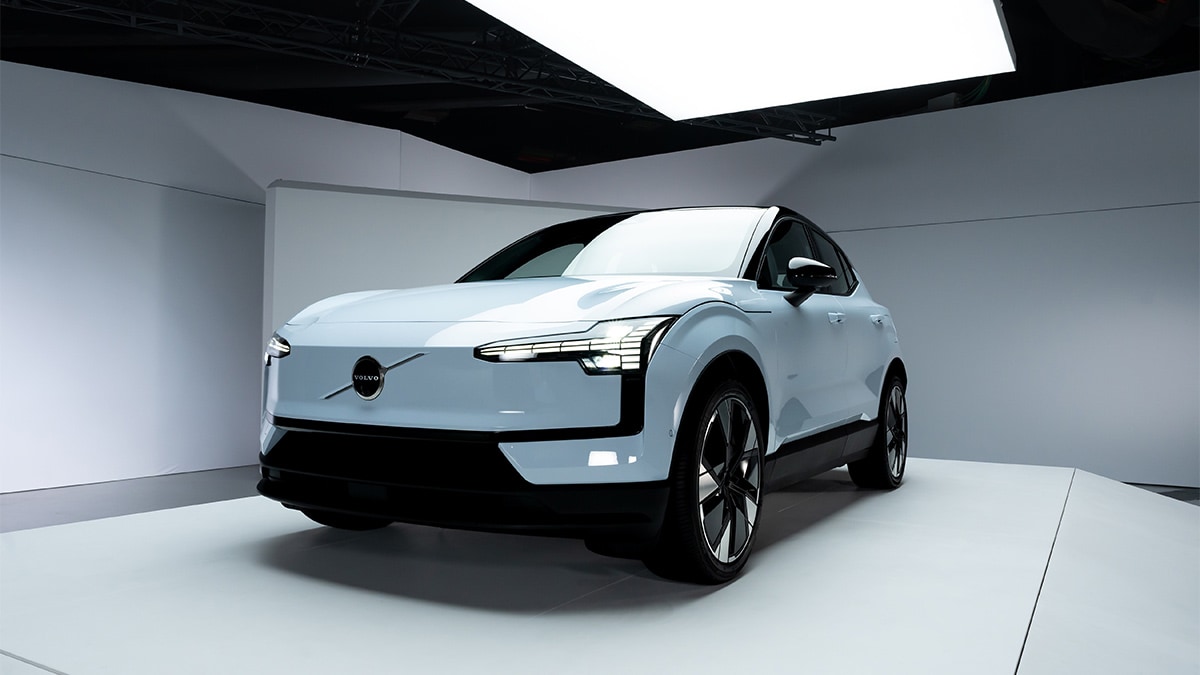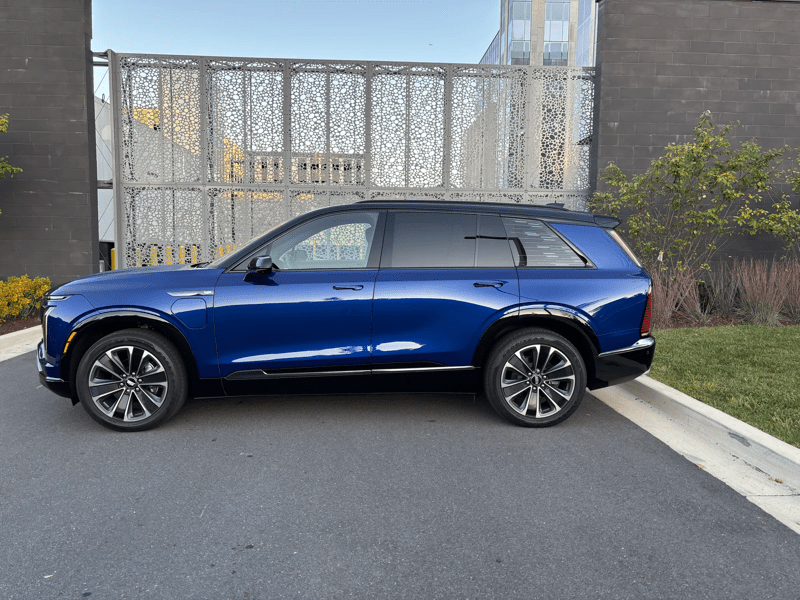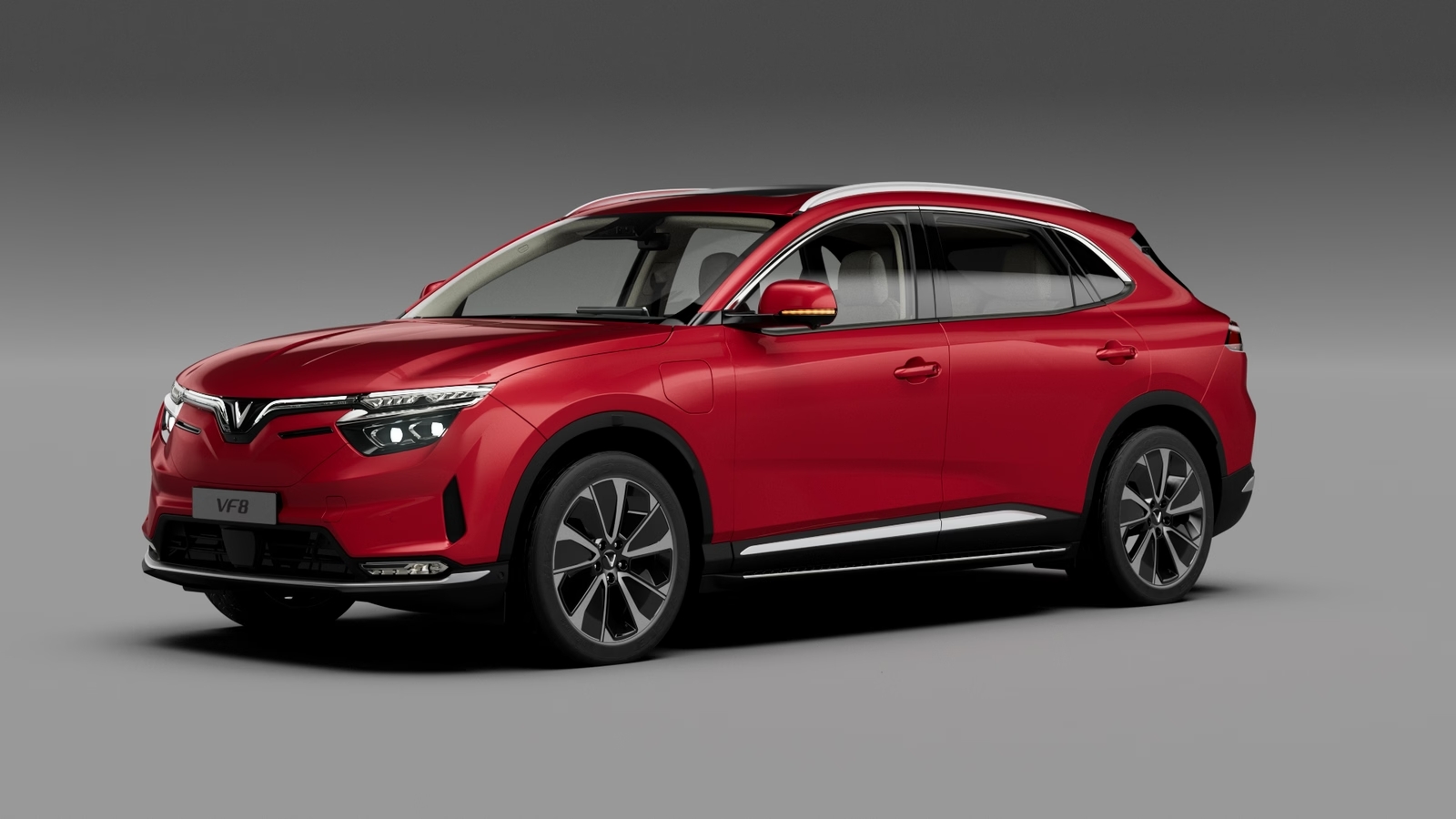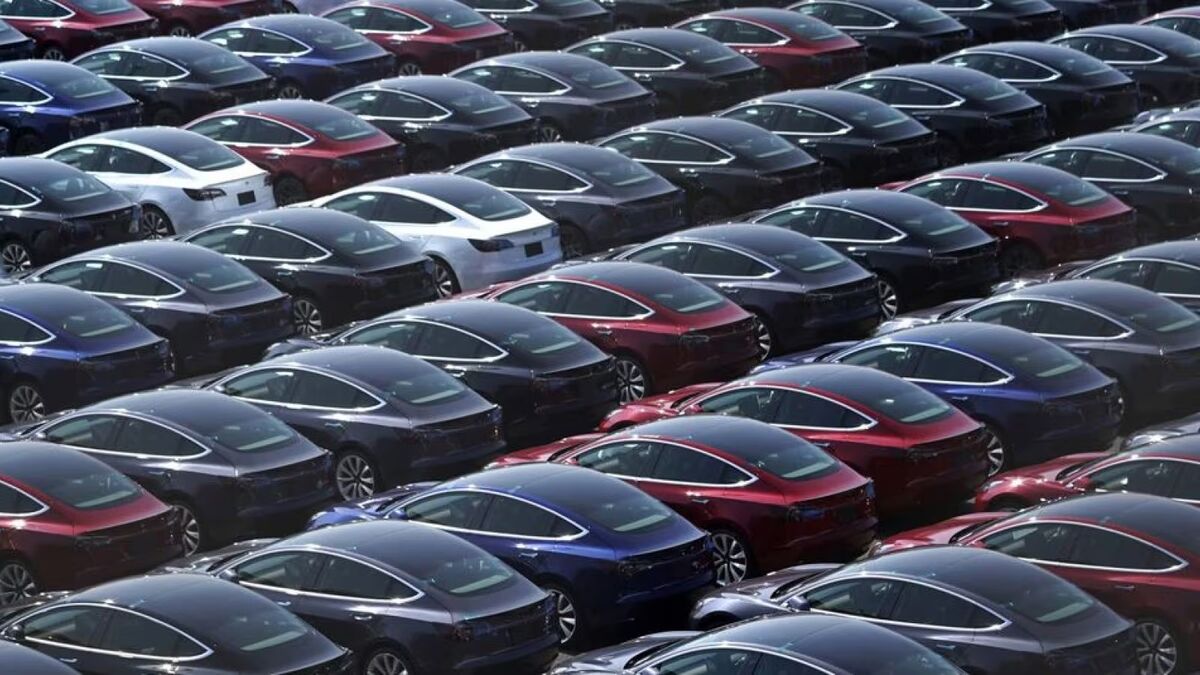Volvo says its new EX30 SUV “possesses the smallest carbon footprint of any fully electric Volvo car to date.”
Electric vehicles (EVs) create less pollution than gas-powered cars, but that doesn’t mean they’re better for the environment. Environmental scientists study the emissions from operating a vehicle and the emissions created by building it.
These “lifecycle emissions” studies can produce surprising results – like a recent study finding that America’s greenest car was not an EV at all, and one EV is among the ten most polluting cars.
Volvo says it commissioned a report studying the lifecycle emissions of each of its electric cars.
The Volvo EX30 goes on sale later this year. It is an all-new subcompact EV with a starting price of around $35,000 and a high-performance edition making 422 horsepower.
The EX30 came in lowest in lifecycle emissions of all Volvo EVs. That position may be mainly due to its small size. However, Volvo also cites a high proportion of recycled materials in the EX30’s construction. “Around 17 percent of all plastics within the car, from interior components to exterior bumpers, are made from recycled material,” the company says.








